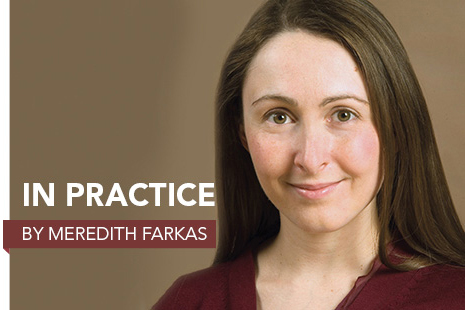
Walking History
September 1, 2017“Besides the entertainment value, we also wanted to impart some history—it’s not fake news; it’s reliable news,” says Anita Doering, archives manager at LCPL. LCPL—which also offers the by-demand Footsteps of La Crosse historic walking tour—is not the only library to recognize that sightseeing ventures are the perfect vehicle to get employees outside the building and … Continue reading Walking History











